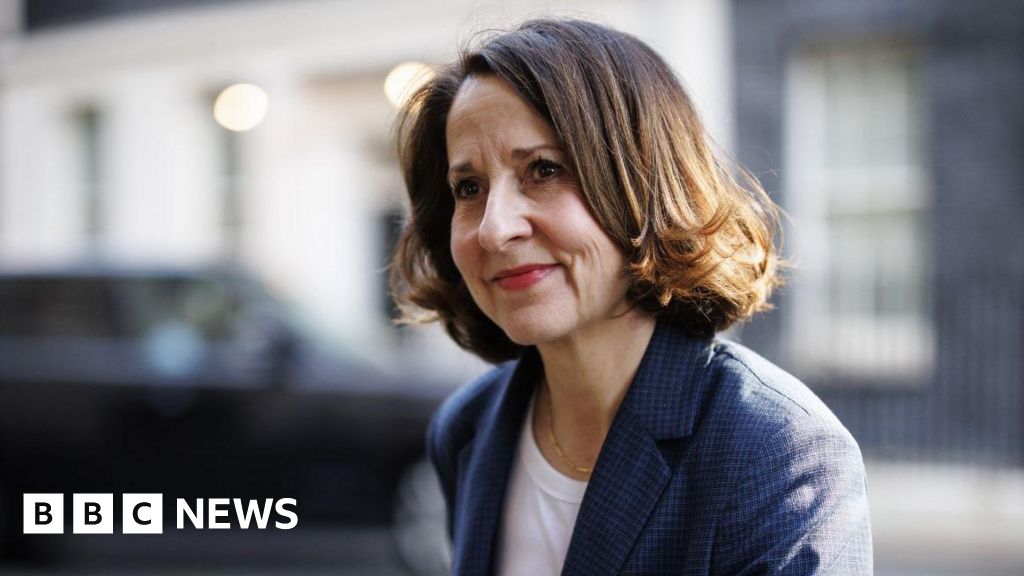By Joshua Nevett
This is lower than the 250,000 figure, before the government scaled back its proposals.
A Downing Street spokesman said the modelling “doesn’t reflect the full picture” and was “subject to uncertainty”.
Asked if there could be further concessions, he said: “As you’d expect the government is continuing to engage closely with parliamentary colleagues about the bill.”
The deal with rebel MPs suggests the welfare reforms will only save 拢2bn a year, rather than the 拢5bn they were expected to save by 2030.
The Conservatives said ministers had wasted an opportunity to reform welfare and have called for cuts to mental health benefits for all but the worst cases.
The original welfare reform bill included proposals to restrict eligibility for the personal independence payment (Pip) and cut the health-related element of universal credit.
But an amendment that would have halted the bill at its first hurdle was signed by 126 Labour backbenchers, who argued the plans were rushed and would push vulnerable disabled people into poverty.
When it became clear the bill would fall, the prime minister offered major concessions to rebel MPs – including limiting Pip cuts to only new claimants.
The government also reversed its plans to freeze the health-related component of universal credit, and the payment will now rise in line with inflation for existing recipients.
Ministers will outline the terms of a review of the Pip assessment, to be led by disabilities minister Sir Stephen Timms in collaboration with disabled people.
The regulations that would bring into effect the right for people receiving health and disability benefits to try work without fear of reassessment will also be laid in Parliament.
